Let’s cut to the chase – you’re thinking about getting a capybara, or maybe you’ve already got one and you’re wondering if you’ve bitten off more than you can chew. Either way, you’re in the right place. I’m going to break down exactly what it costs to deal with these oversized rodents, no sugarcoating.
The Upfront Cost: Buying Your Capybara
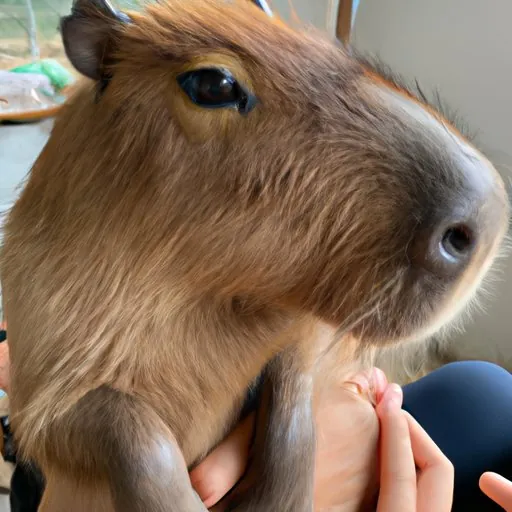
First things first, how much does it cost to actually get your hands on one of these giant guinea pigs? Buckle up, because it’s not cheap.
Price range: $1,000 to $3,000+
Yeah, you read that right. These aren’t your average pet store hamsters. The price can vary based on:
- Age (younger ones cost more)
- Breeder reputation
- Your location
But here’s the kicker – you can’t just buy one. Capybaras are social animals, and keeping a single capybara is like sentencing it to solitary confinement. You’re looking at doubling that initial cost right off the bat.
The Hidden Costs: Permits and Legalities
Before you even think about bringing a capybara home, you need to make sure it’s legal. This isn’t just about following rules – it’s about avoiding hefty fines and potentially having your new pet confiscated.
Potential costs:
- Permit fees: $50 to $200+
- Fines for illegal ownership: $500 to $5,000
Here’s the deal: capybaras are exotic pets, and the laws vary wildly depending on where you live. Some states are cool with it, others will slap you with a fine faster than you can say “world’s largest rodent.”
Setting Up Shop: Housing Your Capybara
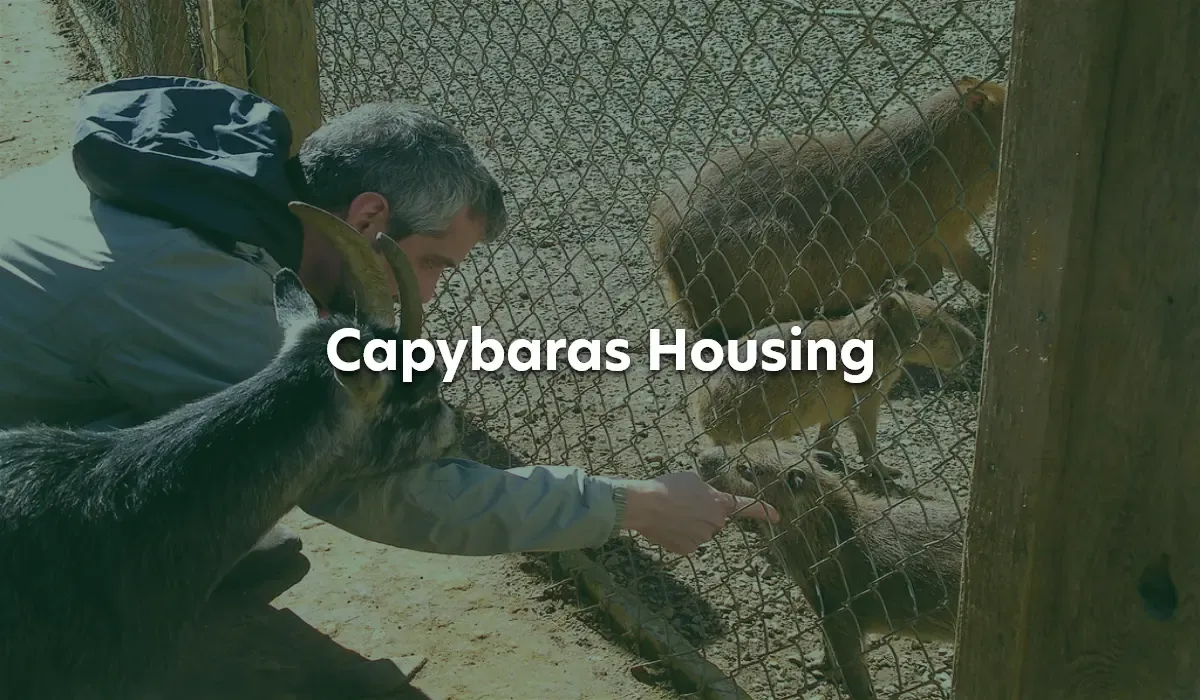
Now, let’s talk about where your new friend is going to live. Spoiler alert: it’s not going to be in a cute little cage in the corner of your living room.
Initial setup costs: $500 to $2,000+
Long-term housing: $5,000 to $10,000+
Here’s what you need:
- A large outdoor enclosure (we’re talking 12 feet by 20 feet minimum)
- A pool or pond (these guys love to swim)
- Shelter from the elements
- Fencing (capybaras are escape artists)
And don’t forget, you’ll need to maintain this setup. That means regular repairs, upgrades, and probably some landscaping work.
Feeding the Beast: Food Costs
Capybaras aren’t picky eaters, but they eat a lot. We’re talking about an animal that can weigh up to 150 pounds – that’s a lot of mouths to feed.
Monthly food costs: $40 to $100+
Their diet consists mainly of:
- Grass (lots of it)
- Hay
- Fruits and vegetables
- Specialized pellets
Pro tip: If you’ve got a big yard, you might save some cash on grass. But remember, they’ll mow through your lawn faster than you can say “organic lawnmower.”
Health Matters: Veterinary Costs
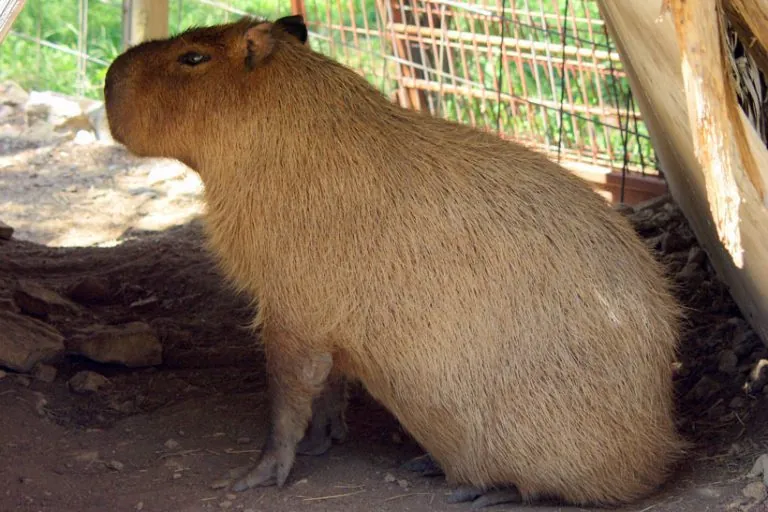
Finding a vet who knows their way around a capybara isn’t easy, and it definitely isn’t cheap.
Annual vet costs: $150 to $500+
Emergency care: $500 to $1,000+ (set this aside just in case)
Regular check-ups are crucial, and you’ll need to stay on top of:
- Vaccinations
- Parasite control
- Dental care (those teeth keep growing)
The Time Factor: Your Personal Investment

Here’s something people often overlook – the time cost. Capybaras need attention, and lots of it.
Daily time investment: 2-3 hours minimum
This includes:
- Feeding
- Cleaning (they poop. A lot.)
- Social interaction
- Exercise
If you’re not ready to dedicate a chunk of your day, every day, to your capybara, you might want to rethink this whole idea.
The Bottom Line: Total Annual Cost
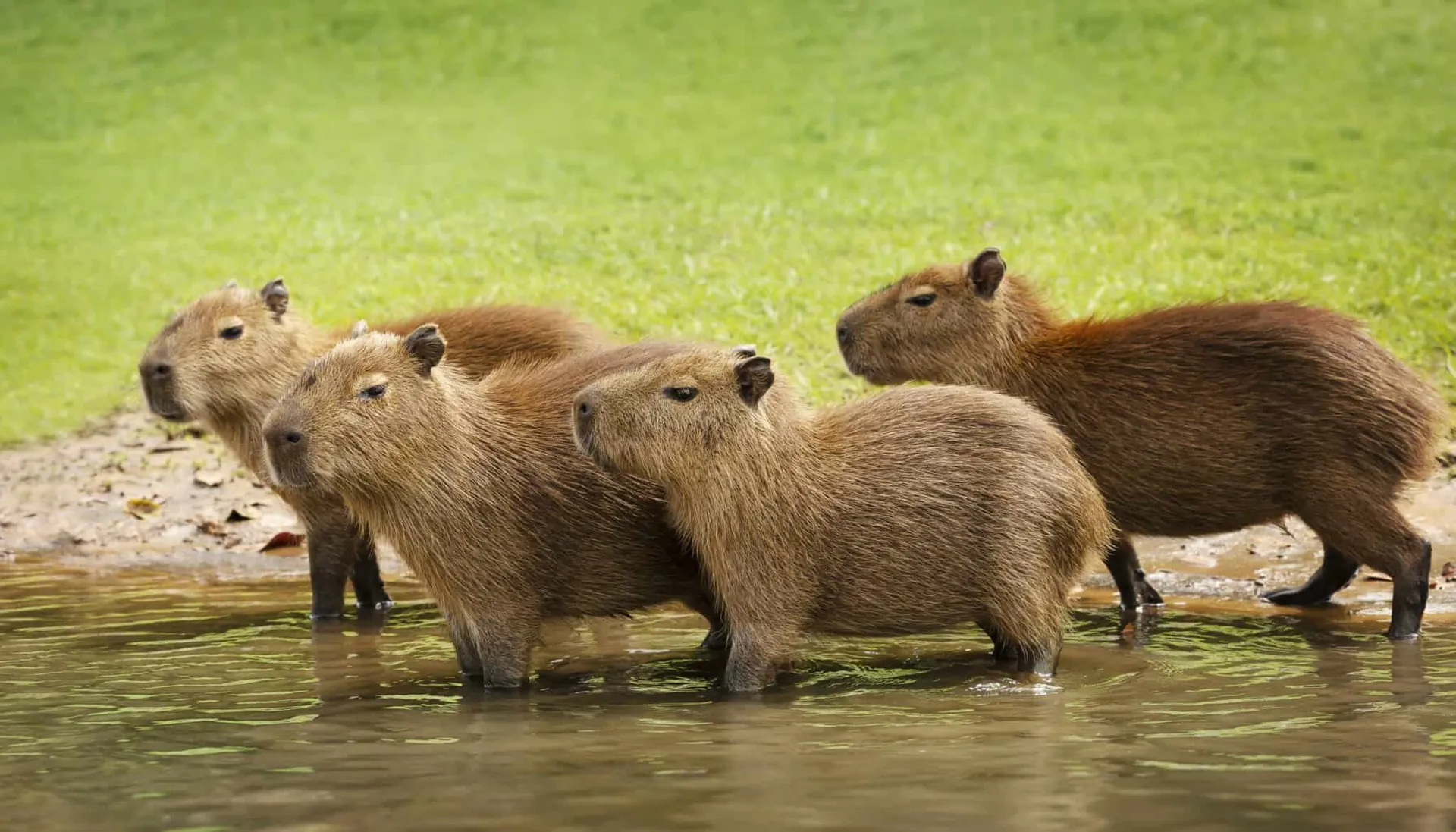
Let’s break it down:
- Food: $480 to $1,200
- Vet care: $150 to $500
- Housing maintenance: $360 to $840
- Miscellaneous (toys, supplies): $100 to $250
Total annual cost: $1,090 to $2,790+
And remember, that’s per capybara. Since you need at least two, you’re looking at doubling these figures.
FAQs: The Burning Questions
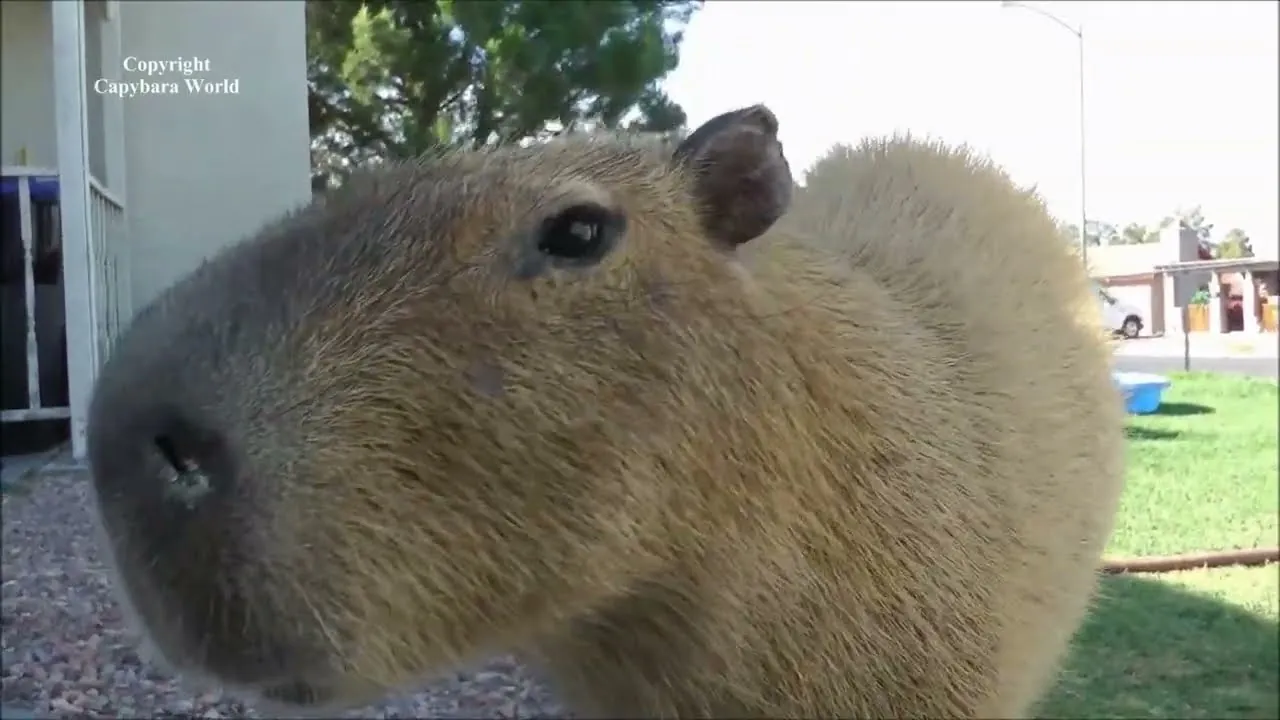
Q: Can I keep a capybara indoors?
A: Technically, yes. Realistically, it’s a terrible idea unless you’re cool with your house turning into a swamp.
Q: Do capybaras make good pets?
A: They can be great pets for the right person. But they’re not for everyone. They’re high-maintenance, expensive, and require a lot of space and attention.
Q: How long do capybaras live?
A: In captivity, they can live up to 12 years. That’s a long-term commitment, folks.
Q: Are capybaras legal in my state?
A: It varies. Check your local laws. And then check them again. And maybe consult a lawyer while you’re at it.
The Bottom Line: Is It Worth It?

Look, I’m not here to tell you what to do. But I am here to give you the cold, hard facts. Dealing with capybaras is expensive, time-consuming, and not for the faint of heart.
If you’ve got the space, the cash, and the dedication, capybaras can be amazing pets. They’re social, intelligent, and undeniably unique. But if you’re not 100% sure you can provide everything they need, do yourself (and the capybara) a favor and stick to watching cute videos online.
Remember, owning an exotic pet isn’t just about you – it’s about giving that animal the best life possible. If you can’t commit to that, it’s better to admire these incredible creatures from afar.
So, are you ready to deal with capybaras? Only you can answer that. But at least now you know exactly what you’re getting into – both financially and personally.
